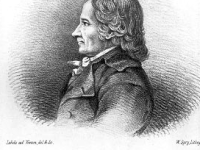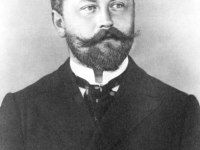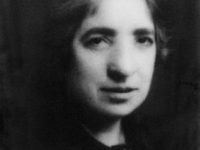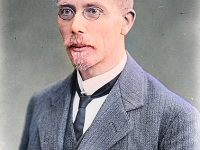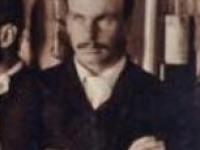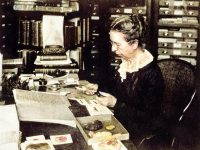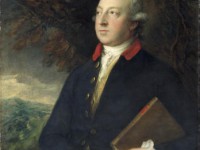Johan Christian Fabricius and his Classification System for Insects
On January 7, 1745, Danish zoologist Johan Christian Fabricius was born. He was a student of Carl Linnaeus [1], and is considered one of the most important entomologists of the 18th century, having named nearly 10,000 species of animal, and established the basis for modern insect classification. Johan Christian Fabricius – Early Years Johan Christian Fabricius was born in Tønder in the Duchy of Schleswig, where his father was a doctor. Already while still…
Read more

